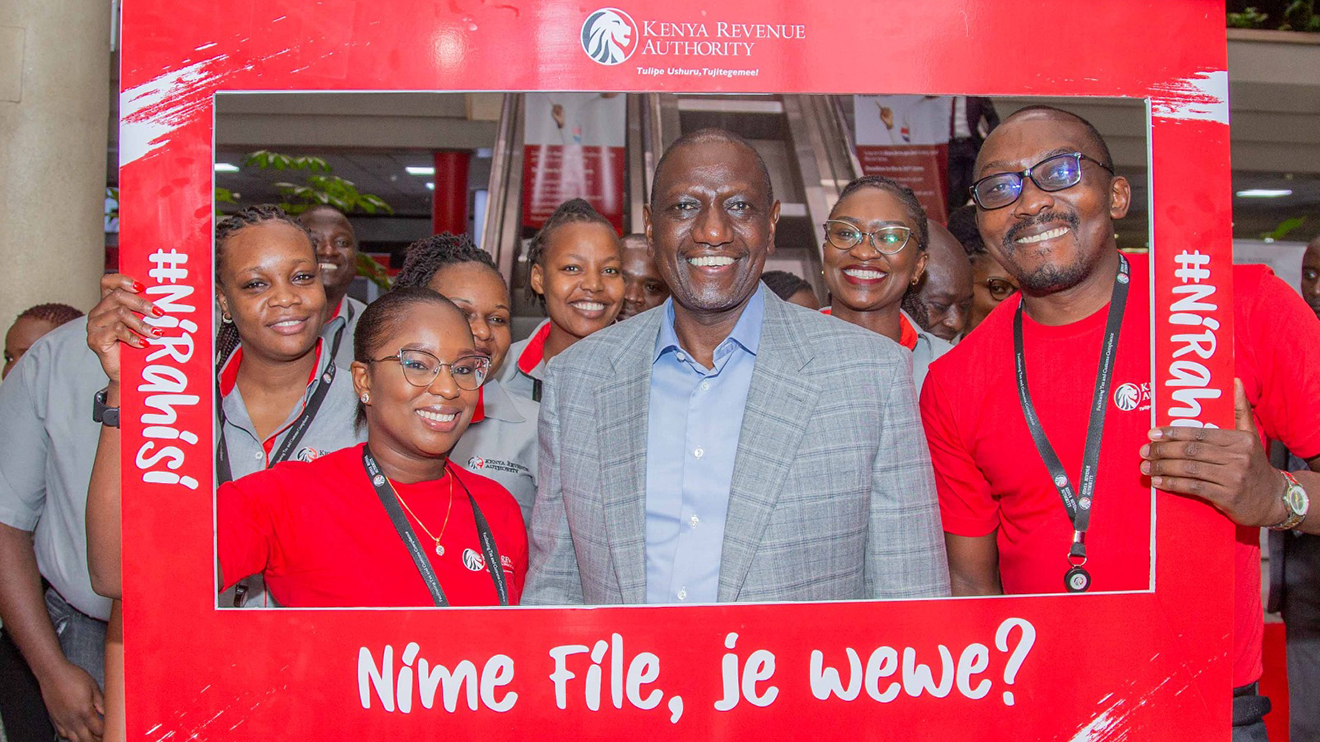Safaricom has once again tightened its grip on fixed internet market in Kenya, pulling further ahead of its competitors as more Kenyans turn to the telco for home internet.
Latest data from the Communications Authority of Kenya (CA) shows that Safaricom now boasts of 678,118 fixed internet customers, an increase from 621,149 in the last quarter.
That growth has pushed the telco’s market share up to 36.5 per cent, strengthening its position as the country’s undisputed leader in the provision of home internet services.
This rise is being driven by the growing popularity of Safaricom’s Fibre-to-the-Home (FTTH) service, which has become the go-to solution for urban households and small businesses looking for seamless, high-speed connectivity.
With homes increasingly relying on the internet for work, school, streaming, and business, Safaricom has placed itself as the most trusted and widely available option in Kenya.
Read More
Other players in the market are growing, but none matches Safaricom’s current pace.
• Jamii Telecommunications (FAIBA) remained in second place with 418,309 connections, but its market share dropped to 22.5 per cent from 23.6 per cent.
• Zuku, operated by Wananchi Group, held on to third place with 267,812 subscribers, though its market share also slipped to 14.4 per cent.
• Poa Internet, known for its affordable neighborhood connections, expanded to 261,491 users, boosting its share to 14.1 per cent.
Meanwhile, up-and-coming providers like Vilcom Network and Mawingu Networks are making inroads, predominantly in underserved areas.
Vilcom nearly doubled its subscriber base, while Mawingu added more than 10,000 new users in just three months.
As it stands fixed internet usage is on the rise across the country with total subscriptions growing by 8.1 per cent in the first three months of 2025, reaching 1.86 million connections.
The FTTH model remains the top choice, thanks to its speed, reliability, and stability.
According to CA, this growth is being fueled by expanding fibre infrastructure and the increasing demand for dependable home internet, especially in urban centres across Kenya.
As competition heats up, Kenyans are benefitting from, faster connections, more flexible plans, wider coverage, and competitive pricing.
But for now, Safaricom is clearly leading the charge and doing so with clear intent as it continues to invest in fibre rollout and customer service with no signs of slowing down.
For majority of homes, businesses, and digital-savvy Kenyans, Safaricom remains the internet provider to beat even as the sector awaits the statistics from the second quarter.

-1751376032.jpg)
-1751369458.jpg)




